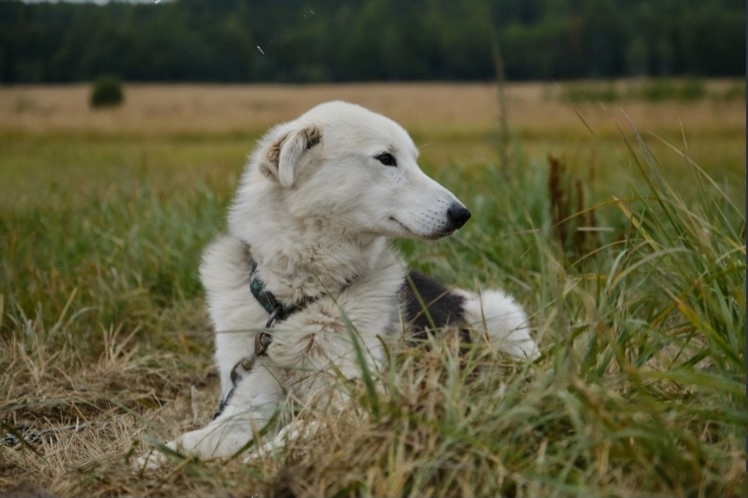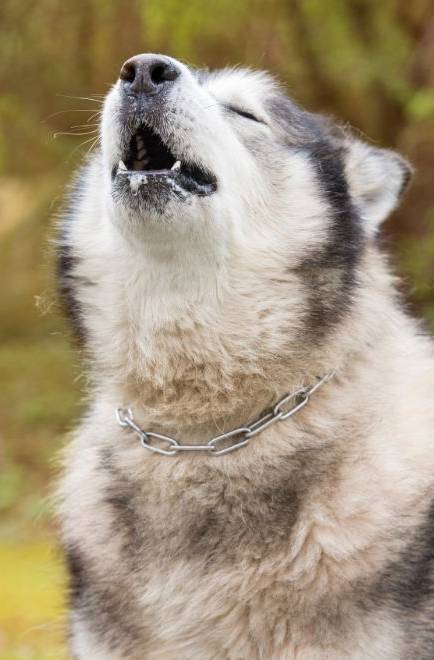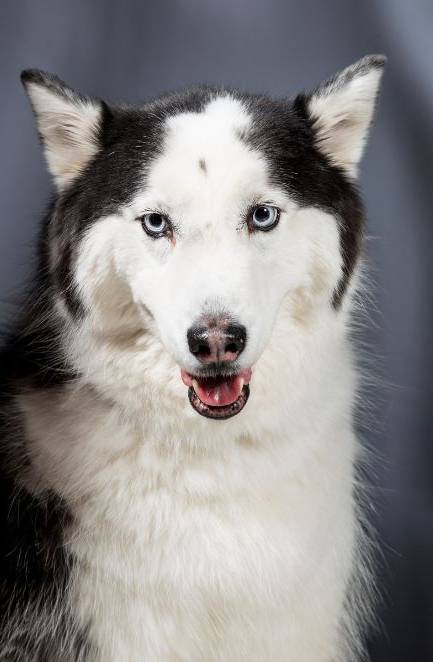Alaskan Husky Health and Common Medical Issues
Welcome to our comprehensive guide on Alaskan Husky health and common medical issues. As experts in the field, we understand the importance of providing accurate and valuable information to pet owners and enthusiasts. In this article, we’ll delve into the various aspects of Alaskan Husky health, shedding light on both preventive care and common medical concerns. Whether you’re a seasoned Alaskan Husky owner or considering adopting one, this guide is designed to equip you with essential knowledge to ensure your furry friend’s well-being.

Understanding the Alaskan Husky
What Makes the Alaskan Husky Unique?
The Alaskan Husky is a fascinating breed known for its striking appearance, intelligence, and remarkable endurance. Often confused with the Siberian Husky, the Alaskan Husky is not a recognized purebred but rather a breed type specifically bred for its incredible sledding and working capabilities. This breed’s unique genetics and history make it an exceptional companion for outdoor activities and adventurous owners.


Alaskan Husky Health Considerations
Preventive Care and Nutrition
Maintaining proper preventive care and nutrition is crucial to promoting the overall health and longevity of your Alaskan Husky. Regular visits to the veterinarian for check-ups, vaccinations, and dental care are essential to catch any potential health issues early on. Additionally, a balanced diet, tailored to meet the specific nutritional needs of your Husky, is vital for their well-being.
Exercise Requirements
Alaskan Huskies are high-energy dogs with a natural inclination for physical activities. Regular exercise is not just a luxury for these dogs; it is a necessity. Engaging in activities such as running, hiking, and even pulling a sled can help keep them physically and mentally stimulated. An active lifestyle is key to preventing behavioral problems that can arise from pent-up energy.
Grooming Tips
Maintaining a proper grooming routine is essential for an Alaskan Husky’s health. With their thick double coat, these dogs are well-suited for colder climates, but this coat also requires regular attention. Regular brushing helps minimize shedding, keeps their coat clean, and reduces the risk of matting and skin issues.
Common Medical Issues in Alaskan Huskies
Hip Dysplasia
Hip dysplasia is a hereditary condition where the hip joint doesn’t develop properly, leading to painful arthritis and mobility issues. While it can be genetic, factors like excessive growth, improper nutrition, and excessive exercise at a young age can exacerbate the condition. Regular veterinary check-ups can aid in early detection and intervention.
Eye Problems
Alaskan Huskies are susceptible to several eye problems, such as cataracts, progressive retinal atrophy (PRA), and corneal dystrophy. Monitoring your dog’s eye health and seeking immediate veterinary attention at the first sign of trouble can prevent vision loss and other complications.
Hypothyroidism
Hypothyroidism is a common endocrine disorder in dogs, including Alaskan Huskies. It occurs when the thyroid gland doesn’t produce enough thyroid hormone, leading to a variety of symptoms, including weight gain, lethargy, and skin issues. Regular blood tests can help diagnose and manage this condition effectively.
Gastric Dilatation-Volvulus (Bloat)
Bloat is a life-threatening condition that can affect large, deep-chested breeds like Alaskan Huskies. It occurs when the stomach fills with gas and twists upon itself, cutting off blood supply. Immediate veterinary attention is required if you notice symptoms such as restlessness, unproductive vomiting, or a distended abdomen.

Caring for Your Alaskan Husky
Socialization and Training
Early socialization is crucial for Alaskan Huskies to develop into well-behaved and confident companions. Exposing them to various environments, people, and other animals during their puppyhood helps prevent behavioral issues later in life. Positive reinforcement-based training methods are ideal for this intelligent and sensitive breed.
Providing Mental Stimulation
In addition to physical exercise, Alaskan Huskies thrive on mental challenges. Engaging in interactive games, puzzle toys, and training sessions not only keeps them mentally sharp but also strengthens the bond between you and your furry friend.
Temperature Considerations
Due to their thick coat, Alaskan Huskies are more comfortable in colder climates. If you live in a warmer region, ensure they have access to shade and water to prevent overheating. During the winter, monitor their paws for ice accumulation and provide a warm, insulated shelter when outdoors.
Alaskan Husky Health and Common Medical Issues
As passionate advocates for Alaskan Husky health and well-being, we believe that by understanding their unique characteristics and addressing common medical concerns, we can ensure a fulfilling and joyous life for these magnificent creatures. By implementing proper preventive care, providing adequate exercise, and being vigilant about their health, you can be a responsible and loving guardian to your Alaskan Husky.
